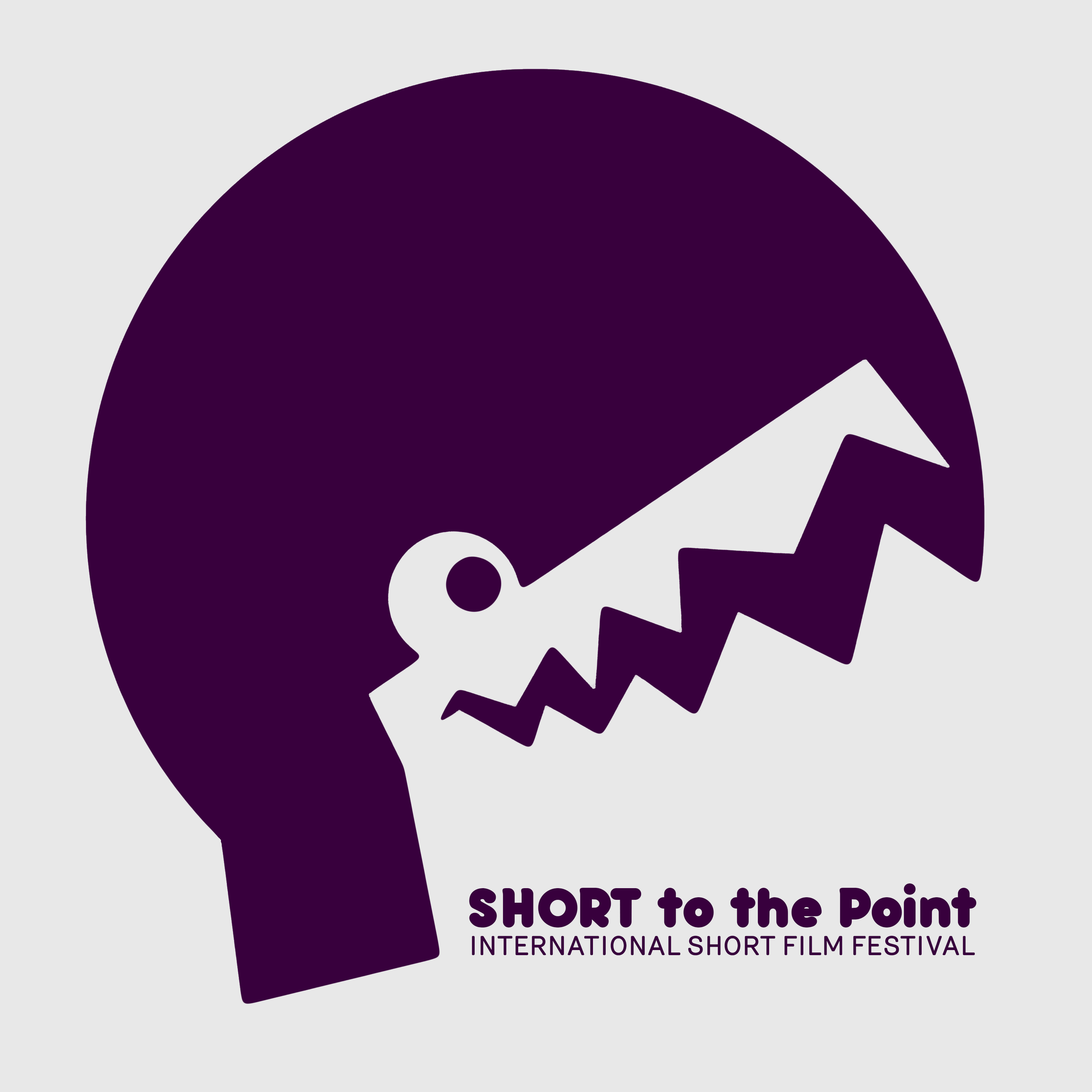- Was there a particular event or time that you recognized that filmmaking is your way of telling stories?
In 2013, I happened to watch some art films, such as Godard’s, Apichatpong’s and others. These are completely different from the ones I usually see in the cinema before. I suddenly realized that this is a more powerful medium than any other art medium. So I decided to shift my approach to art making from photography, installation, etc. to film. But I don’t think that film had to tell a story, it’s precisely the non-narrative nature that attracted me to film.
- Do you think it is essential to go to a film institute in order to become a successful filmmaker?
I regret that I did not have a professional film education, which I think should help to become a filmmaker. but it’s not enough for success.
- Is it harder to get started or to keep going? What was the particular thing that you had to conquer to do either?
Keep going is much harder. The farther you go, the more difficulties you encounter. As an independent director, money is always a difficulty that cannot be ignored. So far, I have tried to solve it with a zero budget way as much as possible. As few actors as possible, and ask family or friends to star. As simple a shot design and actor scheduling as possible to reduce the difficulty of acting. Shoot all outdoors with natural light and keep indoor lighting as simple as possible. Do all the work myself as much as possible, and if I don’t know how to do it, learn it, as there are all kinds of tutorials online. Nevertheless, I still had to pay for some necessary expenses, such as some basic equipment.
- What was the most important lesson you had to learn that has had a positive effect on your film? How did that lesson happen?
Nothing special.
- What were the production realities from casting through editing that you had to accommodate? How did you navigate those compromises or surprises and still end up with a cohesive film?
The only actor on my team other than me is my 6-year-old daughter. Directing her performance was very difficult, especially when she had to say her lines at the same time. So I simplified the actions of the characters as much as possible, while recording the lines separately and inserting them into the film in the form of off-camera voices. This kind of alienation effect happened to match the style I expected.6. What was the hardest artistic choice you made in the making of a film, at any stage in production? I made the film in a kind of collage way. There was no clear script beforehand, only a few general lines of thought. Only in the editing stage did the film take shape. During this process, I always struggled with the choice of the material. There were some very interesting clips that had to be abandoned in the end.
- You are a collaborator. How have you discovered members of your team and how do you keep the relationship with them strong?
I have no choice. To make a zero budget film, I had to do almost all the work. The cast in the film was only my daughter and me, and when she and I were in front of the lens, my wife had to operate the camera. My family are all my team.
- What do audiences want? And is it the filmmaker’s role to worry about that?
This is something commercial film directors should be concerned about. I don’t care about that, at least so far.
- What role have film festivals played in your life so far? Why are they necessary? How do you get the most out of them?
I only attended film festival for the first time last year, and I didn’t have much experience with film festivals. Being recognized by a film festival is a great honor and means being noticed by a wider audience, otherwise I would have had to show it online and very few people would have seen it. I don’t expect this kind of film to be a hit online, but I still hope it will find more of the right audience.
- Do you believe that a filmmaker should be original and fresh or he/she should stick to classic but safe cinema style?
First of all, I don’t think there is anything new in film, even in experimental film, all cinematic languages have been tried for over a hundred years. So, it doesn’t matter which style, the right one is the good one.










